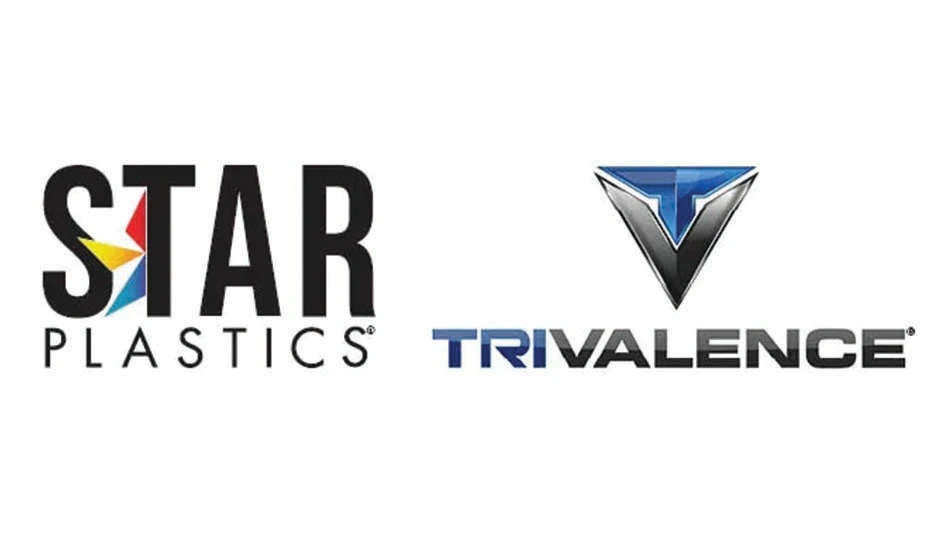
Photo courtesy of Steel Dynamics Inc.
Steel Dynamics Inc. (SDI), Fort Wayne, Indiana, has reported strong sales and steel shipments for the first quarter of the fiscal year.
According to a first-quarter earnings report, SDI achieved first-quarter net sales of $4.9 billion and net income of $637 million or $3.70 per diluted share. Excluding the impact from the company’s Sinton, Texas, flat-roll steel mill of $77 million in revenue, or 31 cents per diluted share, SDI’s first-quarter adjusted net income was $691 million, or $4.01 per diluted share.
Comparatively, SDI reports its fourth-quarter 2022 earnings were $3.61 per diluted share, and adjusted earnings were $4.37 per diluted share, excluding additional performance-based companywide special compensation of approximately 9 cents per diluted share and costs of 67 cents per diluted share associated with the startup of the company’s Sinton mill. First-quarter 2022 earnings were $5.71 per diluted share, and adjusted earnings were $6.02 per diluted share, excluding costs of 31 cents per diluted share associated with construction and startup of the Sinton mill.
SDI achieved first-quarter operating income of $835 million, with adjusted earnings before interest, taxes, depreciation and amortization (EBITDA) of $950 million, which the company says increased sequentially.
SDI Chairman and CEO Mark Millett says the sequential improvement in operating income was driven by SDI’s steel and metals recycling business and supported by strong result from steel fabrication operations.
SDI reports that it achieved first-quarter operating income of $345 million from its steel operations alone, almost doubling its fourth-quarter 2022 results. The company had record steel shipments in the quarter of 3.3 million tons, which SDI says offset the metal spread compression related to lower realized selling values. Steel pricing has increased, and steel producer lead times have extended due to strong steel demand.
However, SDI’s flat-rolled steel mills were negatively impacted during the quarter due to the high cost of pig iron that was purchased in early 2022 during the early stages of Russia’s invasion of Ukraine, Theresa Wagler, SDI executive vice president, chief financial officer and corporate secretary, said during the company’s first-quarter earnings presentation April 20. Based on current pig iron prices, Wagler said earnings were impacted by approximately $50 million in the first quarter, but the company has worked through that higher priced inventory.
Millett says operating income from SDI’s metals recycling platform has increased threefold compared with sequential results in the fourth quarter of 2022 due to demand from the domestic steel industry. He adds that this higher demand resulted in higher scrap pricing and shipments.
“Our metals recycling platform achieved a strong first quarter,” Millett said during the company’s first-quarter earnings call. “They are on a path to higher volumes and increased metal margin. After seven consecutive months of declining pricing in 2022, ferrous scrap prices improved in December and throughout the first quarter, increasing well over $100 per gross ton. We expect scrap pricing to remain fairly steady at these higher levels based on increased seasonal North American steel mill demand in Q2 and Q3.”
“Our Mexican recycling operations have proven to be a strategic key for both sourcing scrap for our southern steel mills and driving profitability,” Wagler added during the earnings call.
Additionally, first-quarter earnings from SDI’s steel fabrication operations remained strong but lower than what it achieved in the fourth quarter of 2022 based on seasonally lower shipments combined with customer supply-chain constraints. “Extending steel fabricator project logs and lack of sufficient construction materials and skilled labor have resulted in some projects being delayed to later this year,” Millett says. “The nonresidential construction sector remains strong, as further evidenced by a solid order backlog extending into the fourth quarter of 2023, combined with robust forward pricing. In addition, the continued onshoring of manufacturing, coupled with the robust U.S. infrastructure program and industrial buildouts, supports strong demand for 2023 and beyond.”
SDI also achieved cash flow from operations of $734 million in the first quarter of the year, while increasing shareholder distributions. Millett says the company increased its quarterly cash dividend by 25 percent in February, reflecting SDI’s confidence in the strength of its cash generation capabilities and along with its planned growth initiatives.
Looking ahead
Looking ahead to the rest of the fiscal year, Millett says SDI is confident that he anticipates solid steel consumption in the domestic market.
“Order entry activity continues to be strong across all of our businesses,” he says. “We believe North American steel consumption will increase in 2023, and that demand for lower-carbon emission, U.S.-produced steel products coupled with lower imports will support steel pricing. We believe the automotive, nonresidential construction and energy sectors will remain solid steel consumers this year. Our steel fabrication operations order backlog remains elevated with strong forward pricing levels. The combination of robust order activity and broad customer optimism supports strong overall demand dynamics for the construction industry. This environment, in combination with our existing and recently announced expansion initiatives, are firm drivers for our continued growth in the coming years.”
SDI also is making progress on its aluminum flat-rolled products mill in Columbus, Mississippi. Millett says SDI has placed orders for equipment for that mill. He says, “We are pleased to further diversify our end markets with plans to supply aluminum flat-rolled products with high recycled content to the countercyclical sustainable beverage can industry in addition to the automotive and industrial sectors.”
Get curated news on YOUR industry.
Enter your email to receive our newsletters.
Latest from Recycling Today
- LG details recycling activities
- Algoma EAF is up and running
- Toyota-Tsusho completes acquisition of Radius Recycling
- CATL, Ellen MacArthur Foundation aim to accelerate circular battery economy
- Commentary: Expanded polystyrene is 98 percent air, 2 percent plastic and 100 percent misunderstood
- AMCS appoints general manager for North America
- How tariffs, regulations affect LIBs recycling in US, EU
- Schwan Cosmetics introduces packaging free of styrene, ABS






